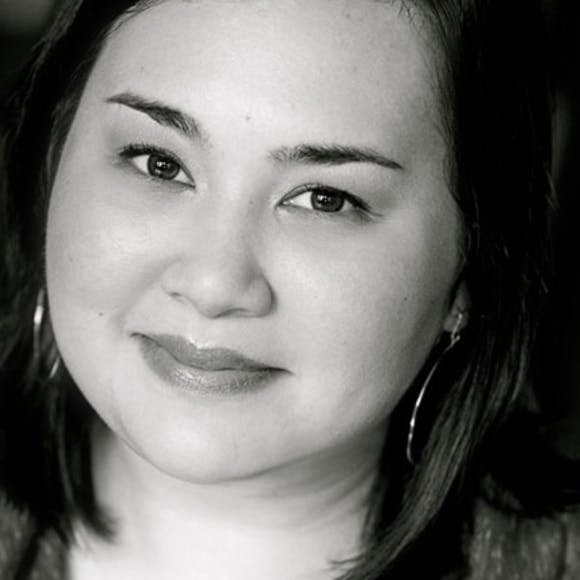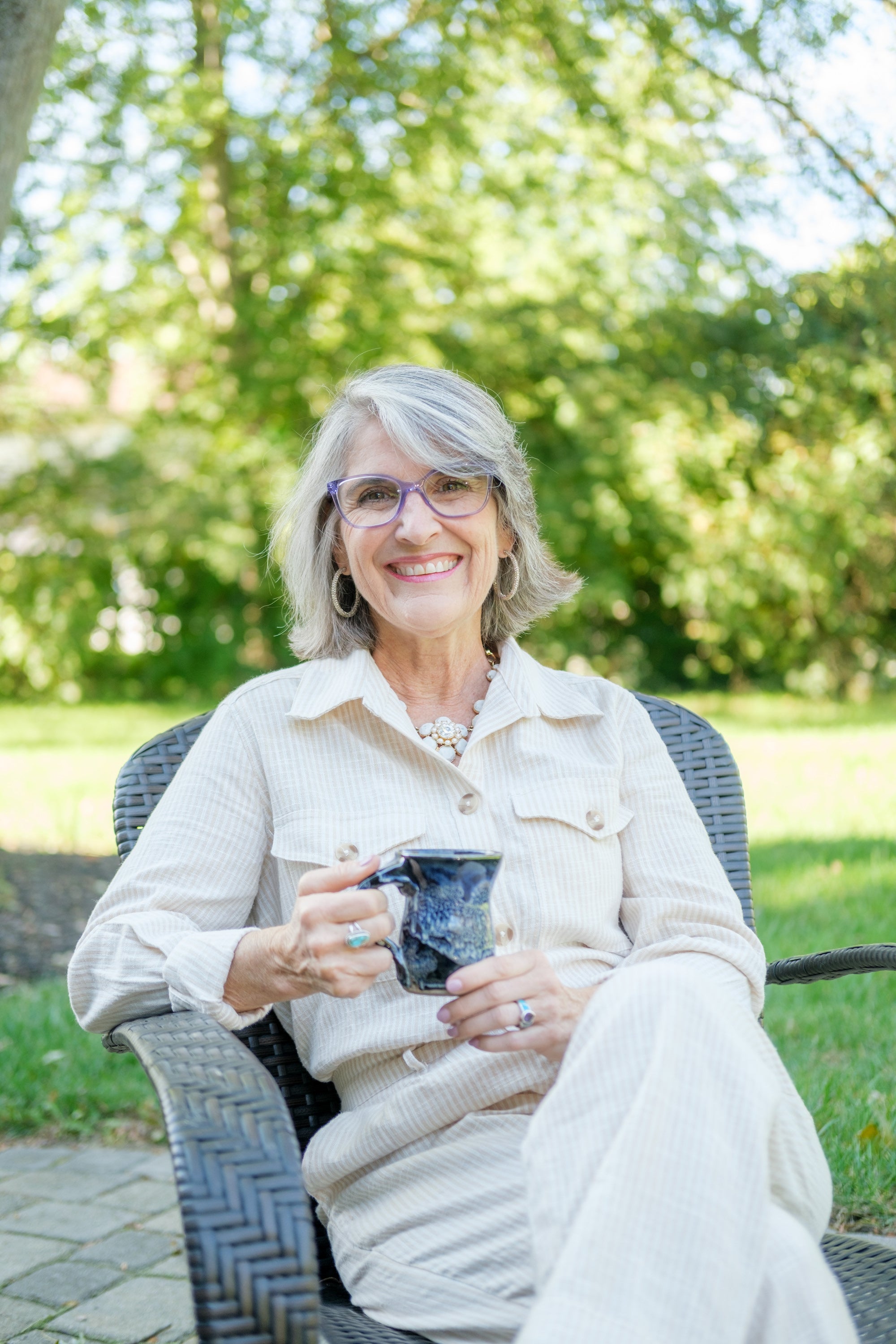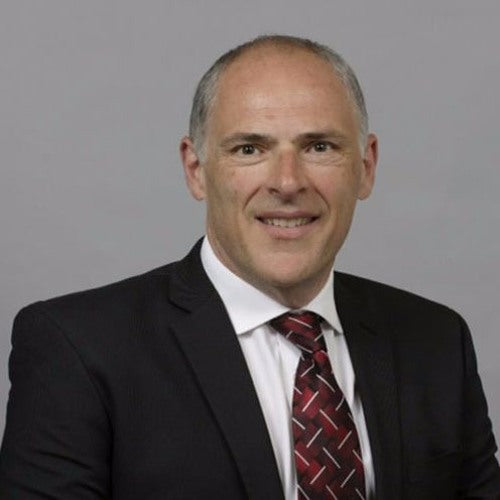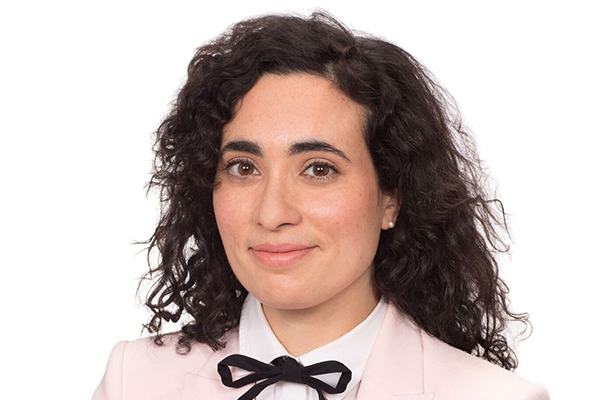Book: Eat, Sleep, Work, Repeat

Author: Bruce Daisley
Author Bio:
"Bruce Daisley is obsessed with making work better. He's dedicated his last few years to chatting to the leading experts in workplace culture - and using evidence to find a way to improving it.
As European Vice-President for Twitter and host of the UK's number one business podcast Eat Sleep Work Repeat he is in the center of the debate about the way work and communication is evolving.
Daisley has been one of the Evening Standard's 1,000 Most Influential Londoners for five years and is one of Debrett's 500 Most Influential People in Britain. A leading UK magazine asserted that Daisley is 'one of the most talented people in media'"
1. “Eat, Sleep, Work, Repeat” has been lauded for its plausibility, practicality, and ability to be implemented. What is it about your writing style and the approachable concepts presented, that makes the book’s value so digestible to readers?
I had a comedian yesterday contact me saying how much fun he'd found the book. I think for me I love evidence and I love when books recognize that sometimes books - despite all of their substance - need to be rewarding. There are lots of diverse stories and a few funny ones along the way.
2. Many perceive places such as Google, Twitter, and YouTube as fun or even “dream” companies to work for. In your experience, how do these companies combat employees feeling “burnt out” better than others?
The experience in any firm actually has as much to do with your manager as your firm but certainly, I felt honored to work for such inspiring companies. But the thing I often say is that working at tech firms is a lot closer to working at any other firm than you might imagine.
Certainly, it's not like you're transitioning from black and white to technicolor - the same issues still exist and maybe tech firms are seeing as much burnout across their workforce, if not more.
3. You have worked a lot in the European tech space. Is there a European equivalent to Silicon Valley and if so what is it? Also, is there a European tech company you see becoming a major global player in this next decade?
There are very active tech sectors in London, Paris, Berlin for sure. In London, there's not really a specific area but there's a lot of specialism in fintech (financial startups and artificial intelligence - not just Google's Deep Mind but a whole load of substantial start-ups in the space are here).
In the UK businesses like Deliveroo, Revolut are very successful but it's probably one of the AI firms who will change the world in a way that we've not even worked out yet.
4. What was the first social media you joined and what fascinated you about it?
When Facebook first came out I was a very early adopter and I was obsessed with it. This is like my love of pop music. I get obsessed with a brand new song, listen 500 times and then never want to hear it again. I no longer have a Facebook account and avoid the people I knew on it in the grocery store.
5. You served as the Vice President for Europe at Twitter. How did you get connected with the social media giant and when was the first time you heard of Twitter?
Like a lot of people I heard media chatter about Twitter and didn't really 'get it' at first. I became more active in 2009-10 and I've spent the last 10 years totally addicted to it. I love that it feeds my obsession with politics and it makes me laugh every day.
6. During your time there, in what ways did you see Twitter evolve?
Twitter very much started off as a fun way to be connected to people and things that you loved. Now it has a daily impact on the world around us. There's no doubt to me we wouldn't know Greta Thunberg's name without Twitter.
7. You recently stepped down from your position at Twitter and are shifting towards your next phase of tackling climate change. Climate change is so multi-layered, what areas do you feel need to be improved first?
Gosh, I'm totally working out how I can help here. I'm working on a couple of really interesting ideas that people have suggested to me. Let's see what happens!
8. Overall, What was your writing process like for this book?
Me, a pot of coffee, a Google doc and 5 hours writing every Saturday morning. I used to pull ideas together on a Tuesday night and then hammer out a very very rough first draft on Saturday. Then you can edit what you've written on the train to work or whatever. But get your draft finished is the most critical thing. Even if it's awful at first, get to the end.
9. What’s the best advice you have ever received on happiness?
Happiness is something that you need to aim for obliquely. If you say 'I will make this person happy' or 'I will have the best night ever tonight' it often fails. You need to try to deliver something elsewhere happiness might be the byproduct.
10. What was the best book you read so far in 2020?
I've just been reading Frances Frei's forthcoming book (she was the culture consultant at Uber) and I'm reading a book by the culture coach to the England football team, Pippa Grange - this is going to be huge.
11. What’s your best advice for getting over writer’s block?
JK Rowling and Charles Dickens swore on the benefit of going for a walk and I have to say, I agree.
12. Do you plan on writing more books in the future?
I'm really having fun focusing on my podcast (eatsleepworkrepeat.com) and I think I'm going to be working on that for the next year or so.
Places To Find More From This Author:
Instagram: @brucedaisley
Twitter: @brucedaisley
Linkedin: Bruce Daisley
Website: www.eatsleepworkrepeat.com/












